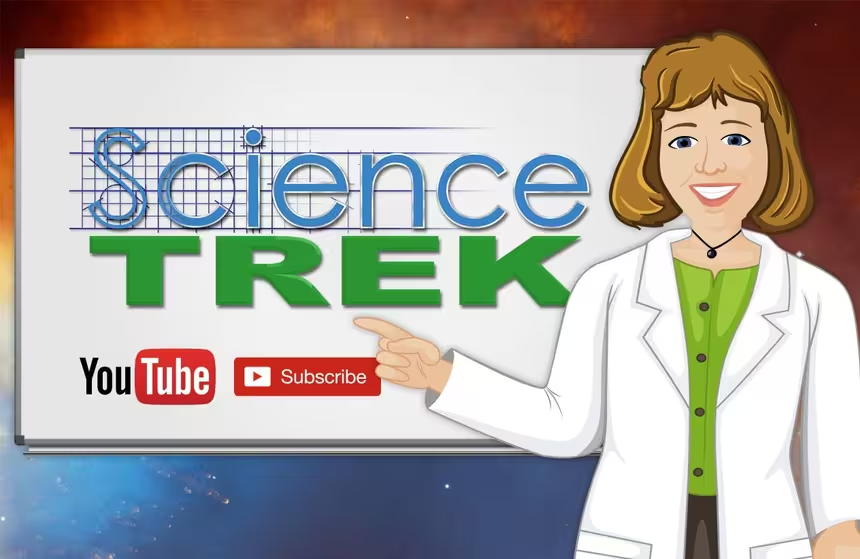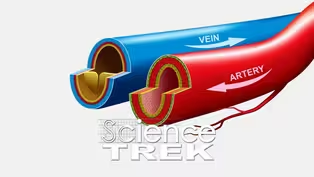
Blood: Pressure!
Clip: Special | 1m 4sVideo has Closed Captions
What is a healthy blood pressure?
When your heart beats, it puts pressure on your blood vessels. Doctors track your blood pressure to see how healthy your circulatory system is.
Problems playing video? | Closed Captioning Feedback
Problems playing video? | Closed Captioning Feedback
Science Trek is a local public television program presented by IdahoPTV
Major Funding by the Laura Moore Cunningham Foundation and the Idaho National Laboratory. Additional Funding by the Friends of Idaho Public Television and the Corporation for Public Broadcasting.

Blood: Pressure!
Clip: Special | 1m 4sVideo has Closed Captions
When your heart beats, it puts pressure on your blood vessels. Doctors track your blood pressure to see how healthy your circulatory system is.
Problems playing video? | Closed Captioning Feedback
How to Watch Science Trek
Science Trek is available to stream on pbs.org and the free PBS App, available on iPhone, Apple TV, Android TV, Android smartphones, Amazon Fire TV, Amazon Fire Tablet, Roku, Samsung Smart TV, and Vizio.

Science Trek
Science Trek is a place where parents, kids, and educators can watch short, educational videos on a variety of science topics. Every Monday Science Trek releases a new video that introduces children to math, science, technology, engineering, and math (STEM) career potentials in a fun, informative way.(Science Trek open) When your heart pumps, it puts pressure on your blood vessels.
Doctors track your blood pressure as a way to see how healthy your heart is.
The device used to take your blood pressure is called a Sphygmomanometer.
Blood pressure consists of two readings.
The first is called the systolic pressure.
This is the pressure inside your arteries when the heart is pumping.
The second is called the diastolic pressure.
This is the pressure inside your arteries between beats when the heart is at rest.
Normal blood pressure is considered to be less than 120 over 80.
High blood pressure is a reading of more than 130 over 80.
This is called hypertension.
Half of all adults have hypertension.
If left untreated, high blood pressure can lead to heart failure, strokes, and kidney disease.
And it's not just adults who should have t heir blood pressure checked.
10 percent of 12-19-year-olds have prehypertension.
Everyone over the age of three should have their blood pressure checked every year.
For more information about blood, check out the Science Trek website.
You'll find it at sciencetrek.org
Video has Closed Captions
Clip: Special | 1m 4s | Where does blood travel in the body? (1m 4s)
Providing Support for PBS.org
Learn Moreabout PBS online sponsorship
- Science and Nature

Explore scientific discoveries on television's most acclaimed science documentary series.

- Science and Nature

Capturing the splendor of the natural world, from the African plains to the Antarctic ice.












Support for PBS provided by:
Science Trek is a local public television program presented by IdahoPTV
Major Funding by the Laura Moore Cunningham Foundation and the Idaho National Laboratory. Additional Funding by the Friends of Idaho Public Television and the Corporation for Public Broadcasting.
